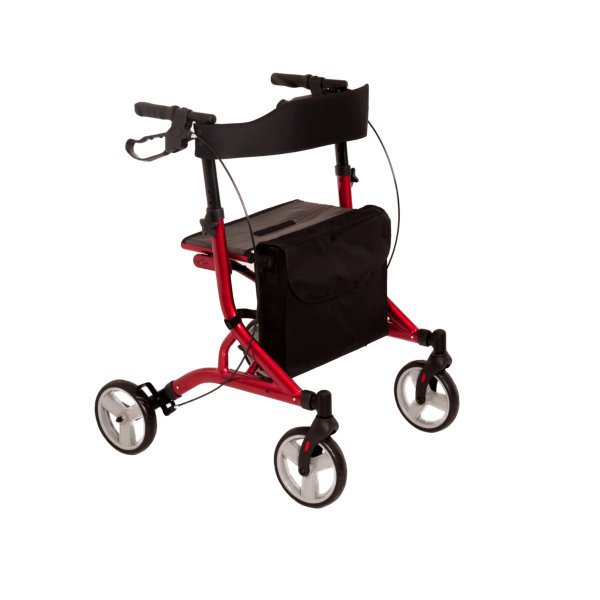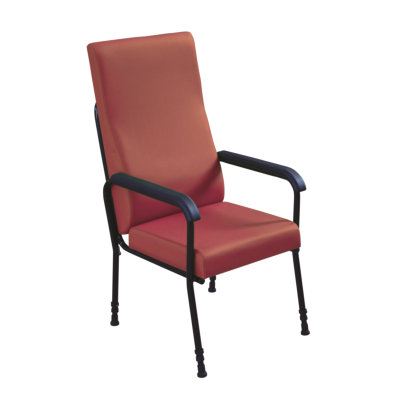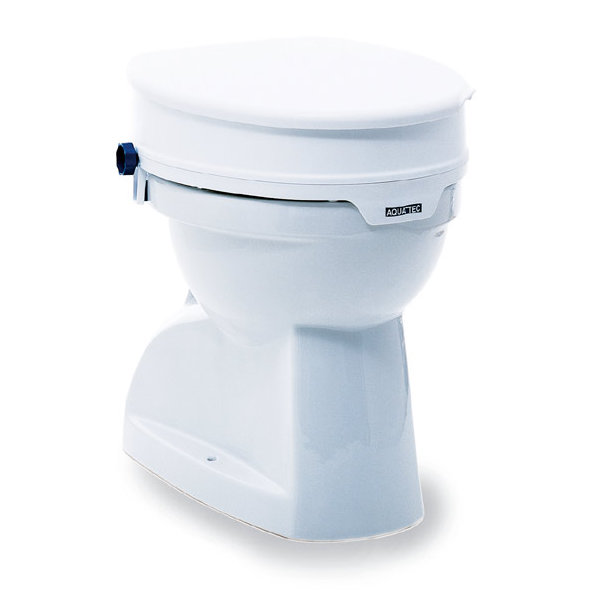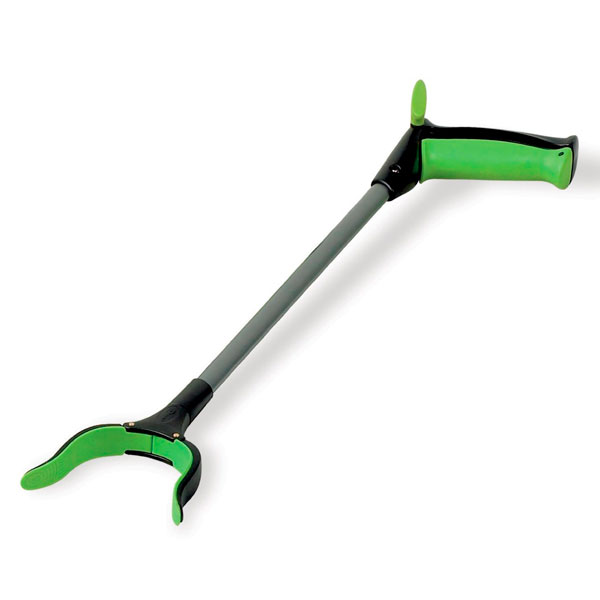A hip replacement is a common operation where a damaged hip joint is replaced with an artificial one (a prosthetic joint). A modern artificial hip joint should last for at least 15 years.
The operation is most common in people over the age of 60 years who have damage to their hip. In most cases the surgery is a planned (elective) procedure rather than an emergency and will achieve a significant improvement in pain and movement.
Hip replacement is considered when the hip joint is significantly worn or damaged and is causing severe symptoms. Osteoarthritis (worn joints) is the most common reason for hip replacement surgery, but other conditions that can also cause hip joint damage, for instance:
A hip replacement is a major operation, so is only recommended if other treatments, such as physiotherapy or steroid injections, haven't helped. Surgery may be offered if:
If you have other serious medical problems which might make it dangerous to have a major operation (and subsequent rehabilitation), you will need to discuss the risks with your medical team
Firstly, you will receive and anaesthetic, which may be either ‘general’ (asleep) or ‘epidural’ (in which an injection into the spine numbs the lower half of the body).
The surgery itself usually takes around an hour or so to complete. The first step is to make a cut is over the hip, the surgeon will then dissect down to expose the damaged hip joint which is then replaced. An artificial joint made of a metal alloy or, in some cases, ceramic can then be inserted. Read about how a hip replacement is performed: www.nhs.uk/conditions/hip-replacement/what-happens/
Complications of surgery include:
However, overall the risk of serious complications is probably less than 1 in a 100.
Hip surgery is usually performed to improve quality of life and so there is always the option of simply ‘managing’ your symptoms by adjusting your lifestyle and taking painkilling medication.
Another alternative is a more limited form of surgery which involves hip resurfacing: the damaged surfaces inside the hip joint are removed and replaced with a metal surface. However, it may not be suitable for people at risk of having weaker bones (osteoporosis), for instance: adults over the age of 65 years or women who have gone through the menopause. Contact your medical team for further information
Following surgery, you will be helped to mobilise by the physiotherapy team. You will probably need to use a walking aid, such as a frame or crutches, to help you in the initial period.
An exercise programme may help you recover your hip function following the surgery. It should be possible to return to light work within around 6 weeks. However, recovery times can vary so if you are finding things difficult, you should seek medical advice.
We sell a wide variety of products that may help following hip replacement surgery. Each person is different and it is difficult to predict what will help you – it may be a question of trying them out and seeing what works best. Sometimes you might find that you’ll still want to carry on using the product event when you you’ve recovered from the operation.
We’ve listed some things which might be useful to you – click on the links to learn more about them:
In the first few weeks you may find it difficult to standing up, particularly if your chair is low. There are a wide range of options which can help. Come and talk to us about what suits you best.
It may be difficult to manage in the bathroom at first following a hip replacement. We have a variety of bathing and toileting aids which can help.
Some everyday things, like dressing, become difficult after hip replacement. Come and see what we have available to help you.
Lack of movement can put you at risk of medical complications such as DVT. Getting up and around is very important but you can also keep moving while you’re sitting down with a pedal exerciser or our Happylegs ‘seated walking machine’.

Walking aids: Rollator

High back chair

Raised toilet seat

Reacher
If things go well, extra equipment items may sometimes only be needed for a few weeks and therefore rental may be a particularly useful option, allowing equipment to be returned when it is no longer required to keep costs down for the user.
Although most people will rent for a few weeks or months, rentals can be as short as 2 days or, if you find it easier to let us look after your long-term equipment needs, can go on for years.
A. If you have a long-term medical condition you do not need to pay VAT on most products that we sell. However, if your hip problem is due to an acute problem which has been dealt with by the operation the you would have to pay VAT. We can advise you this and help you with the simple paperwork.
A. Because recovery from a hip replacement can be unpredictable a sensible option might be to consider renting, at least in the first instance. We stock a large variety of equipment for rent so read our rental page or call us for more information.
A. You can visit our showroom and try out the equipment there. However, if you feel you need to try it out at home before buying, we offer a wide range of products available for rent, for periods as short as 2 days.
A. If you’re not sure what you might need after an operation, we’re very happy for you to come to the showroom to discuss things calmly before you actually go into hospital. You’ll often be prescribed some simple equipment by the hospital team but we can show you some of the other options that might be useful after your surgery.
NHS website: Hip Replacement www.nhs.uk/conditions/hip-replacement/
For more information about hip replacement
Hip replacement (Wikipedia) - https://en.wikipedia.org/wiki/Hip_replacement
For more information about hip replacement
We stock a wide range of products, with over 1000 lines available in the showroom.
Come and TRY out the products to see what suits your needs.
Our friendly highly-trained staff will help you make a choice which is right for you.
Copyright © 2026 Fortuna Mobility | All rights reserved.